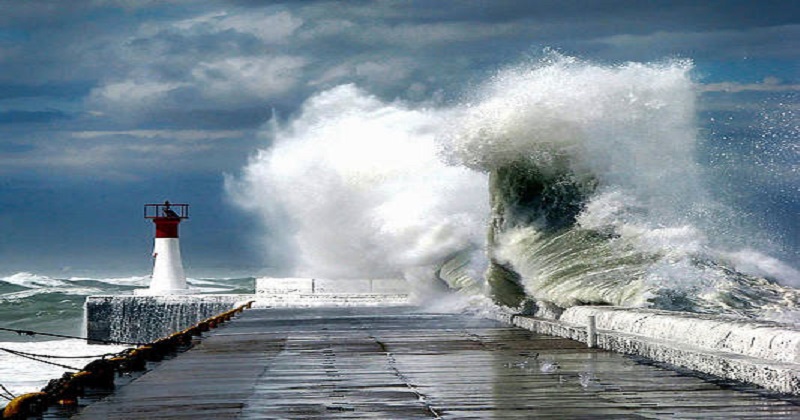
According to the Intergovernmental Panel on Climate Change (IPCCSixth )’s Assessment Report, which was released on Monday, current global warming trends are likely to lead to an increase in annual mean precipitation over India, with more severe rains expected over southern India in the coming decades.
According to the most recent scientific consensus from the IPCC, the planet was irreversibly on its way to warming by 1.5 degrees Celsius over pre-industrial times in the next two decades. The 2015 Paris Agreement aimed to keep global warming below 2° Celsius above pre-industrial levels by the turn of the century, with a goal of 1.5°C. These targets were unlikely to be met unless all countries made drastic reductions in emissions right away. In line with this, the IPCC has recommended that countries strive for net zero emissions by 2050. This means that no additional greenhouse gases will be released.
According to the most ambitious emissions scenario, the world will warm to 1.5°C in the 2030s, then overshoot to 1.6°C before cooling to 1.4°C by the end of the century.
India has yet to commit to a net-zero target.
The Sixth Assessment Report, which was finalised and approved by 234 authors and 195 governments, updates the scientific consensus on extreme weather, human attribution, the carbon budget, feedback cycles, and the future state of the climate since the Fifth Assessment Report in 2014, and charts the future state of the climate.
Warming is already hastening sea level rise and worsening extremes like heat waves, droughts, floods, and storms, according to the 3,000-page report. Tropical cyclones are becoming stronger and wetter, while Arctic sea ice is thawing and permafrost is thawing in the summer. According to the report, all of these trends will worsen.
With a 7,517-kilometer coastline, India faces significant threats from rising seas, according to the report. According to one study included in the IPCC report, 28.6 million people in six Indian port cities — Chennai, Kochi, Kolkata, Mumbai, Surat, and Visakhapatnam — will be affected by coastal flooding if sea levels rise 50cm.

Post Your Comments